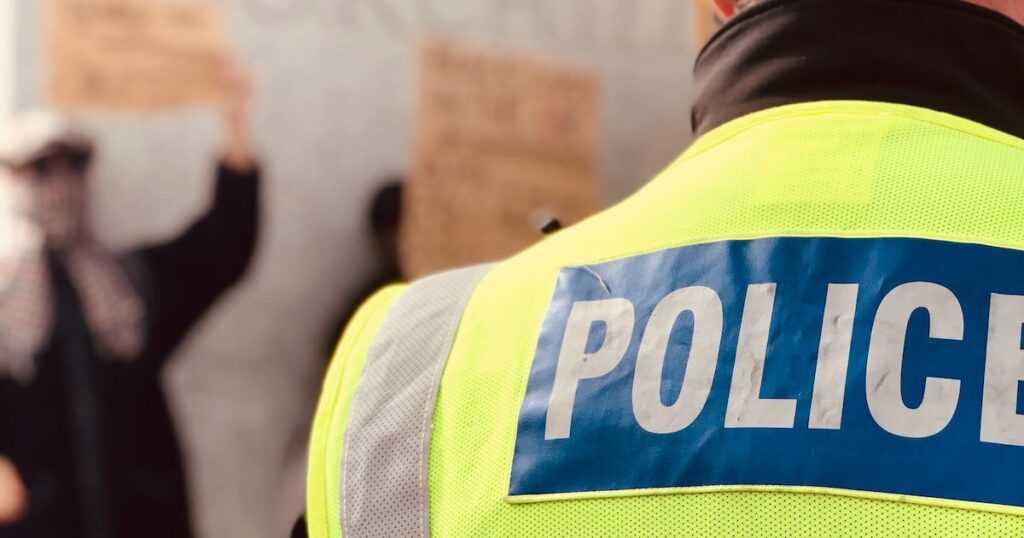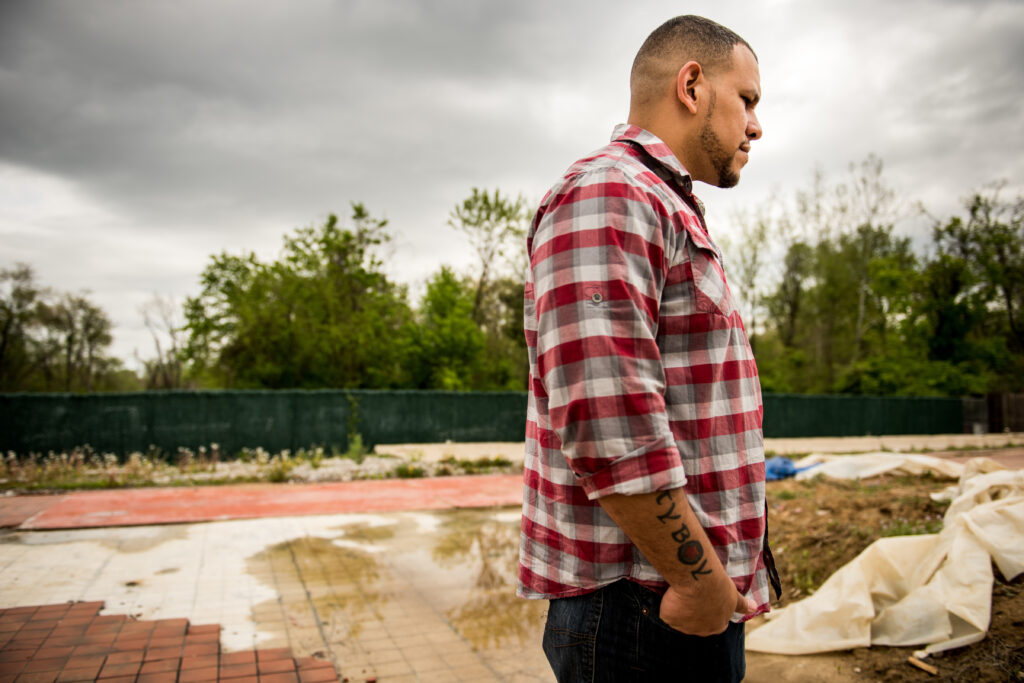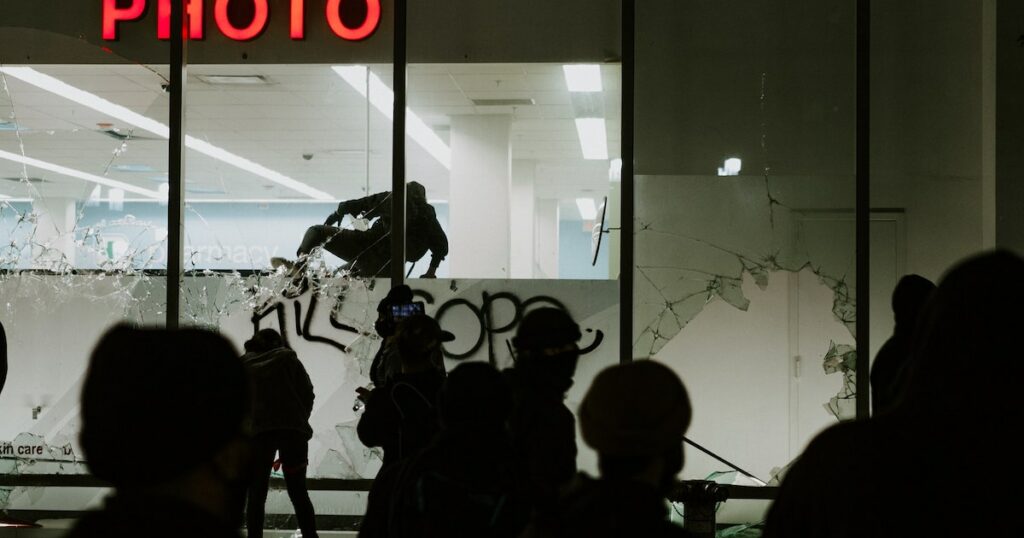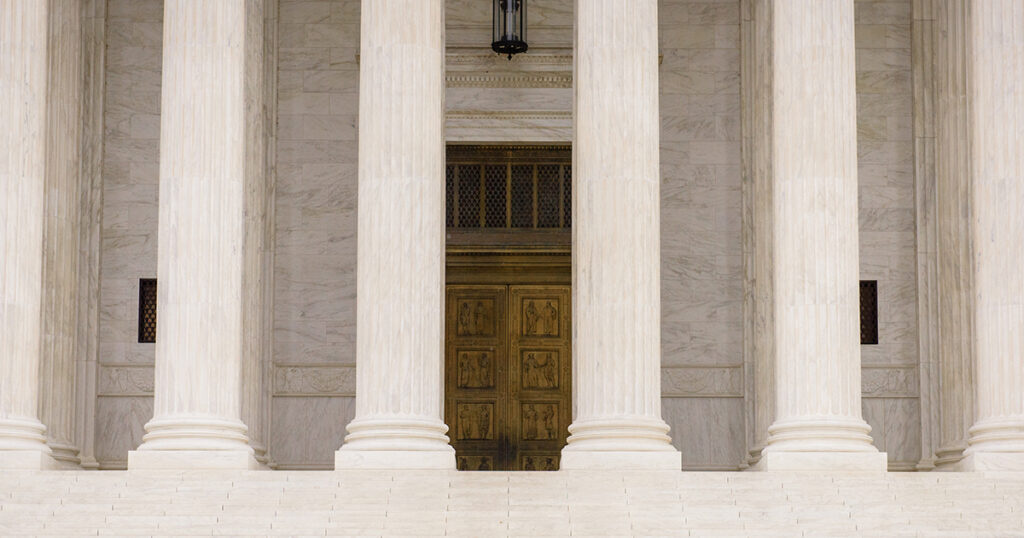We Lutherans speak quite a bit about the second use of the Law (as a mirror) and the third use of the Law (as a guide), but we also need to reflect on the first use of the Law (as a curb).
Without the first use of the Law — as manifested in our conscience, social inhibitions, parental authority and earthly governments — we sinners would tear each other apart, making any kind of cohesive society impossible.
In our increasingly lawless times, sinners are tearing each other apart. We see that on social media, in the divorce courts, in schools and even in churches. Racism and mistreating people because of their race, which has sparked massive protests in recent weeks, is lawlessness. Sometimes those lawful and justified protests have degenerated into looting, arson and assault — that is lawlessness as well.
The first use refers not primarily to human laws but to the Law of God; He demands moral behavior and cares for human beings by working through their vocations. Luther taught that the purpose of all of our vocations — in the family, the economy, the church and the state — is to love and serve our neighbors.
God blesses our neighbors through our service to them, and He blesses us as His co-workers. But sometimes we sinners refuse to love and serve our family members, our customers, our fellow Christians and our fellow citizens. Instead, we use and abuse them for our own selfish purposes. When we despise and harm our neighbors instead of loving and serving them, our vocations become lawless.
The duty of the government is to restrain lawlessness — punishing crime and preserving social order. But what happens when the government or an agent of the government is lawless? What happens when the constitutionally formed government violates the constitution with regard to religious liberty? Or when a police officer who is supposed to apprehend murderers commits murder?
Police officers have a high and noble vocation, protecting the public at the risk and often the cost of their lives. The motto of many police forces expresses, with great theological accuracy, what their vocation is all about: “To Serve and Protect.”
Police officers love and serve their neighbors when they protect the public from criminals and enforce the law. They have authority to use deadly force, as with other governmental entities who “bear the sword,” such as the military (Rom. 13:4).
But they must not mistreat their neighbors, including the neighbors whom they have apprehended for breaking the law. The police have an obligation to serve and protect even the malefactors in their custody.
If you have ever been pulled over for driving over the speed limit, notice the impeccable courtesy with which the patrol officer addresses you. (“Sir, do you know how fast you were going? Please let me see your license and registration. Thank you, sir. I am giving you a ticket, which I hope will encourage you to drive more safely in the future. Have a nice day.”) Such formality can be intimidating and guilt-inducing, but the officer is treating you like a human being, with elaborate respect, even as he is calling you to account.
But it violates an officer’s vocation to kneel on the neck of a handcuffed man accused of a non-violent crime, who says he can’t breathe, until the man dies.
We also have the vocation of being citizens. Protesting against racism and police brutality is a legitimate way to love and serve our neighbors, our fellow citizens who have been harmed. In the United States, citizens have the constitutional right to do so. The same can be said of citizens who protest the loss of their religious or economic liberties. But if protesters start looting or setting businesses on fire or throwing rocks at the police, they are no longer loving and serving their neighbors. Rather, they are stealing from them or seeking to hurt them, thus violating their vocation as citizens.
All of this lawlessness proves the need for all three uses of the Law, particularly the one that convicts us of our sin and leads us to the Gospel of forgiveness and inner transformation through Christ.






Dr. Veith,
You are indeed one of the very few among our LCMS leaders willing to advocate for ‘law’ in our national season of lawlessness. By it, you especially support and defend many whose vocations have been robbed by the minority lawless. In today’s ‘cancel culture’, our LCMS senior shepherds seem to fear the wrath of lawless that they might have suffer hurt of their own reputation rather than be vulnerable and protect their sheep from destruction. Thank you.
In Christ, Marc <
Amen!